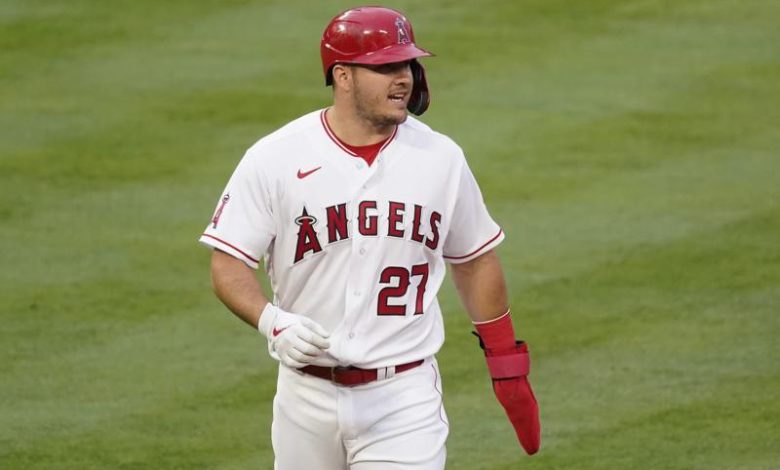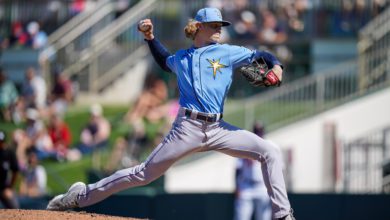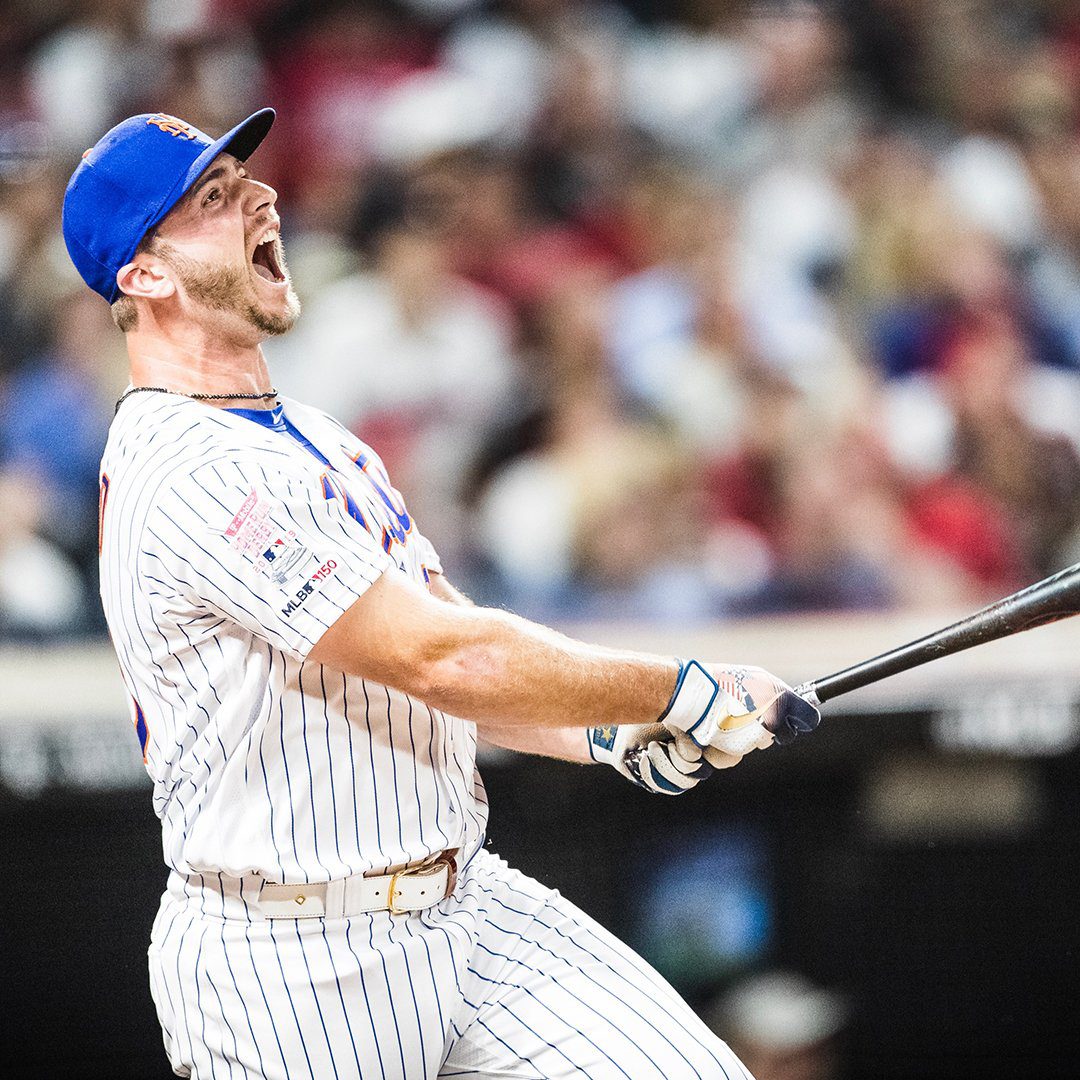
The Los Angeles Angels front office has not done its job.
Plenty of teams have boasted good players but a weak overall roster. Many fans already accept that the Angels have done this for a number of years. Yet, few grasp just how extraordinarily the Angels have robbed Mike Trout. They have spoiled almost a decade in the career of a three-time MVP who, though barely 30-years-old, has likely secured a spot in Cooperstown.
Since the year 2000, there have been 21 Most Valuable Player awards distributed in each league. Of the 21 American League MVPs in that period, exactly two have spent their MVP year on a team that failed to make the playoffs. Those players are Mike Trout … and Mike Trout. His 2016 and 2018 MVP campaigns failed to result in a postseason berth. In fact, while the Angels made the postseason his first MVP season in 2014, they regressed and missed it the following two times.
That’s bad enough. MLB surely loathes how a beloved and dominant player spends October at home and September in meaningless contests.
But it’s about to get worse. Another Angel, Shohei Ohtani, is the consensus favorite to take home the award. You may have heard of Shohei provided your head hasn’t been under a rock for the past five months. The MVP competition isn’t close, either. Vladimir Guererro, Jr. has posted fantastic numbers, but Shohei has equaled them while pitching with a sub-three ERA.
And yet, the Angels are mired in mediocrity. They’re 11.5 games out of first in the AL West, and they don’t have a real shot at the wild card. In fact, they’re not just out of first. They’re FOURTH in a division that includes the rebuilding Mariners.
How concerning is this?
My argument may seem circular. MVP voters often choose players who come from good teams, so of course the players’ squads make the postseason. After all, Trout is remarkable because he has forced a reckoning in MVP votes. He’s so good that voters have had to accept how the league’s top star plays on a sub-.500 roster. Jacob deGrom has had a similar effect on Cy Young voting.
WAR, on the other hand, doesn’t care about overall team success. It measures player value, and it tries to be objective. So, I looked at the top three bWAR producers in the AL over each of the past 21 years to see just how much the Angels have wasted Trout’s stardom compared to other teams with prominent players.
The data condemns Los Angeles. Every team has had down years, but the Angels clearly lead the way. They’ve had seven seasons in this span where they had a top-three bWAR producer and failed to make the postseason. No other AL team has had more than three such seasons.
The Angels have also rattled off an unparalleled run. The earlier statistic about Mike Trout understates the problem. Trout has finished in the top three in bWAR five times, yet he still has only one playoff berth (and zero playoff wins). The streak is set to continue with Ohtani this year, too.
How did this happen?
These results could be understandable struggles for some teams. Small-market clubs like the Indians have an excuse when they have stars (ex. Jose Ramirez) but don’t deliver.
The Angels are no small-market team. They’re seventh in total salary. They operate in the second-largest TV market in the country. They just inked Anthony Rendon to a major deal and have spent big in the past to secure free agents, too. Los Angeles practically paid the GDP of a small nation to acquire Albert Pujols.
Their struggles are twofold. First, their major investments rarely pan out. Rendon has battled injuries for his stint in Anaheim. Pujols’ production famously dropped over the years. The Angels are paying him millions to play for the other Los Angeles team this year.
Secondly, they’ve done little to address their pitching struggles. Ohtani is remarkable because he’s the Angels’ best player on offense and defense (at least while Trout is hurt).
There’s no contest when it comes to pitching. Ohtani is light years ahead of the rest of the Angels staff. Even with Ohtani, the club is 24th in team ERA this year. His 2.79 ERA is the only thing helping the team’s collective 4.70 ERA. This is a lingering situation. Since 2012, the Angels have never finished higher than 12th in team ERA. Most years, they don’t finish in the top half of all teams.
Not only that: the Angels have neglected to devote their sizable payroll to pitching. This year, only three Angels starting pitchers earn more than a million dollars: Dylan Bundy (6.04 ERA), Alex Cobb (currently injured), and Ohtani.
Now what?
It’s unclear what the solution is to this. Should we simply root for the Angels to spend their money better? Do we want someone to sanction their front office? Should we call the Ghostbusters?
None of these seem productive, so I send my apologies to Bill Murray and his associates. Personally, I want to see the Angels put together a competitive roster. The NBA has demonstrated how important it is to see players in the postseason. Legends form there. For people to really appreciate the sheer omnipotence of Mike Trout, they need to witness him in October. Telling them that his bWAR is extraordinary only does so much. It can never have the impact that a monstrous ALCS can.
There is a confusing wrinkle to this all, though. Most of the players from my dataset didn’t stay with their ailing clubs for long. Alex Rodriguez found a way out of Texas, for example. Meanwhile, in 2019, Trout signed a mammoth, 12-year contract extension. This is despite the Angels not making the playoffs in any of the prior four seasons.
So, maybe we shouldn’t pity Trout. But it would do miracles for baseball if the everyday fan could see him or Ohtani in the Fall Classic. It’s the Angels’ job to get them there, or at least into the postseason, ASAP.





